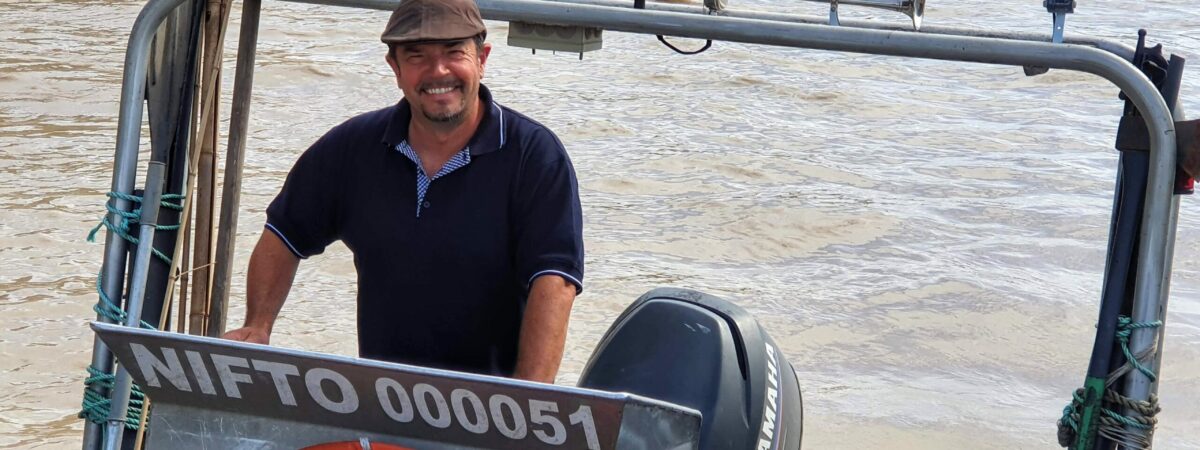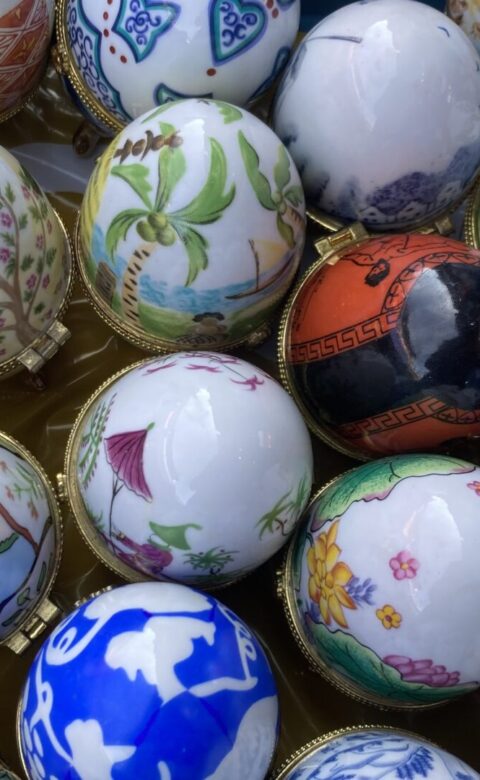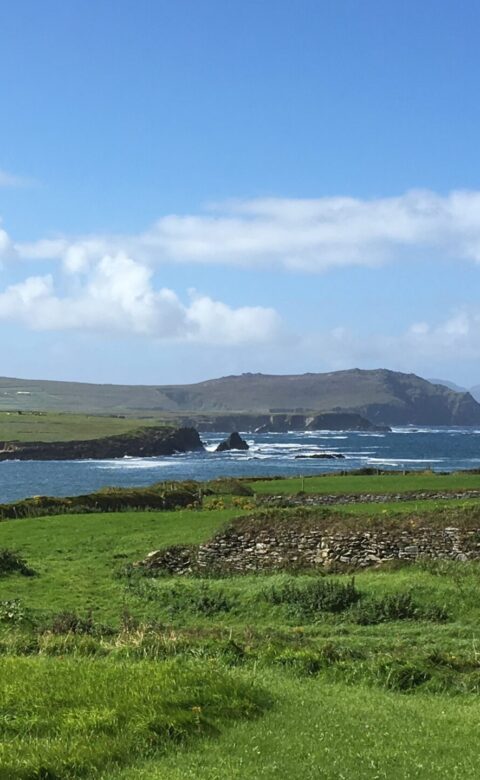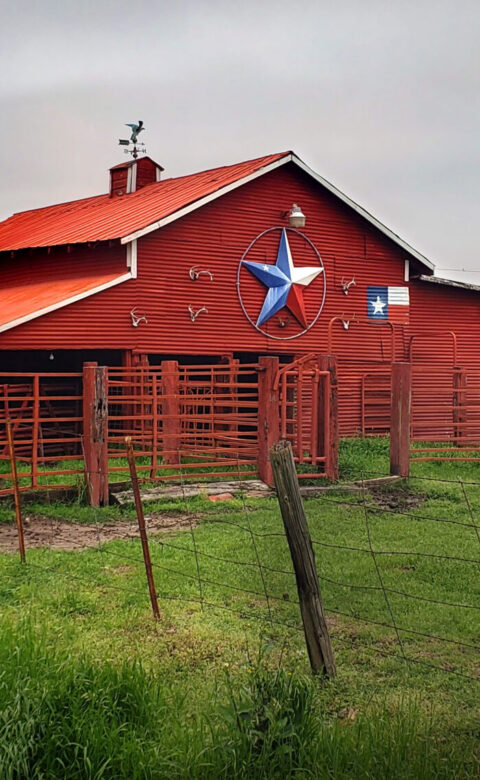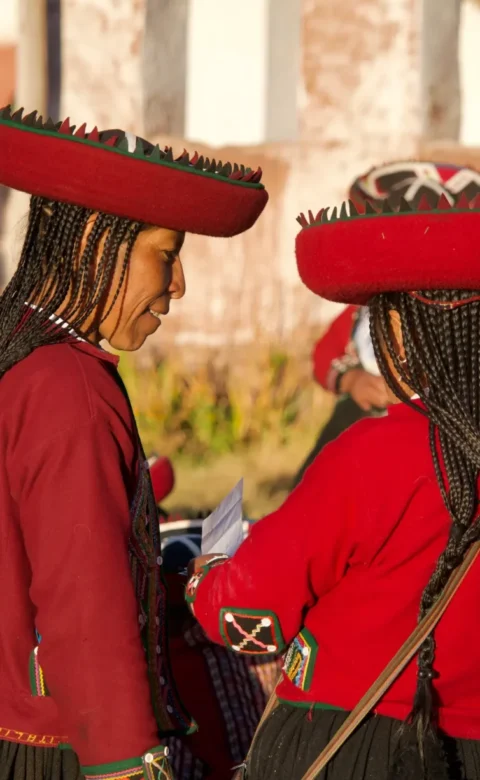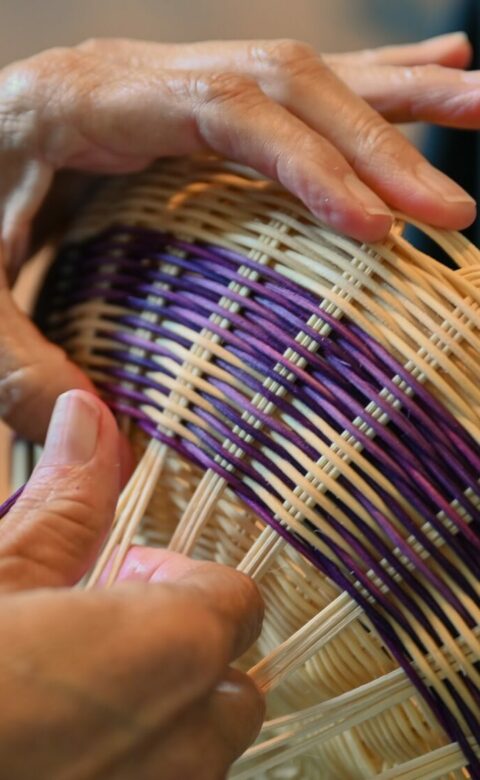Jean-Marie Hauchecorne relies on small nets, pole fishing, and one-metre-wide traps to keep his fishing operation on the Garonne River responsible and sustainable — and tourists are invited to join him and learn about the trade. Charlotte Cassedanne hops aboard to hear his story.
At the age of 50, Jean-Marie Hauchecorne became a professional freshwater angler on the Garonne River. Now he’s supplying sustainably caught fish to Bordeaux’s Michelin-starred restaurants and taking people fishing to pass on his knowledge.
“It all started when I was working remotely one day from my carrelet [a traditional fishing shed] in the centre of Bordeaux,” Jean-Marie Hauchecorne tells me, his green eyes twinkling under his flat cap. “I saw a man in a little fishing boat and asked him whether he had caught anything. He shrugged. I then saw him several more times and one day asked him, ‘How hard is it [to become a fisherman]?’ The guy laughed and said, ‘To be a professional, you need a licence and they don’t give many of those out anymore.’ I like a challenge so this exchange piqued my interest.”
In the 1990s, there were around 300 professional freshwater anglers on the Garonne, which flows from the Pyrenees Mountains to the Atlantic Oceans. Today, there are only around 30, as it’s hard to make a living, and the working conditions can be tough.
But that didn’t deter Hauchecorne.
“Fishing on the beautiful Garonne, being outside all the time, learning a completely new set of skills … that all really attracted me. And after a career as a CEO and financial analyst, I needed a change,” he says.
So he applied for a licence. “Early on, I realised it would be more fun to have people on the boat with me. And the French authorities liked my concept — fishing and pesca-tourism, teaching people about fishing, the local species and the river.”
Licence granted, Hauchecorne acquired a fishing boat, the Tontons Flingueurs, which is named after a 1963 cop movie. The boat is moored at the Cité du Vin in the heart of Bordeaux.
Then he had to learn how to fish.
“Most fishermen have this career because their father, grandfather, great-grandfather did. They learned the trade that way. But as I was starting at 50 years old, I didn’t have generations of knowledge.” Hauchecorne made lots of mistakes but was also able to innovate. He tried fishing methods others had never thought of, at different times of day, with different bait.
Five years later, he’s found his groove. “I take people out all year round if they’re up for it,” he says. In the summer, Hauchecorne hosts aperitifs on his boat and shares tales of the Garonne’s fauna and flora. “People bring their own drinks and, as a snack, I serve up little white prawns I’ve caught in the river. Tasty, good for you, and, unlike peanuts, they haven’t been imported.”
In the winter, he takes people out night-fishing for prized elvins (baby eels). “Elvins, also known as piballe or civelle, are rare and expensive, which makes them a local delicacy. It takes 2,500 of them to make a kilo. But 60 percent of what I catch is used to keep eel populations up in other locations,” Hauchecorne explains. He also catches fully grown eels. “They’re muscly, lean, and meaty, as they fight against the current of the Garonne.”
Another catch is silure, an invasive species of fish originating in the Danube River. “They can grow up to two metres 50 wide and are carnivorous,” he says. “Silure are ugly like monkfish, but they have very few bones, which makes them easy to cook and eat. Delicious.”
Small nets, pole fishing, and one-metre-wide traps are his main methods, depending on the catch. “I never overfish. I take what is reasonable to make a living, and I do it in a responsible way.”
Over time, he set up partnerships with local restaurants, including the Michelin-starred Le Prince Noir, L’Oiseau Bleu, and L’Observatoire du Gabriel. “I’ve always had a nose for business. So I realised I was in a prime position to set my own prices for the catches rather than follow the market rate.” he says. “What I do is rare. My catches are local, seasonal, and sustainable. And I’m the only professional fisherman left in Bordeaux.”
And demand is high, so Hauchecorne is in a position to choose who he works with. “I usually take the chefs out on my boat to get a sense of them as people, what their ethos is, whether they understand what I do.”
Early during the COVID-19 pandemic, the restaurants closed and Hauchecorne’s income dried up. But that didn’t stop the entrepreneur. “I got in touch with Auchan, the supermarket chain. I offered them my catches at my prices and they said yes.”
Now, any spare catches he doesn’t sell to the restaurants Hauchecorne sells to the supermarket. “Their customers can purchase locally caught fresh fish, and I’m making a living. Everybody wins.” Any leftover fish he uses as bait, so nothing is wasted.
Some days are hard: when he catches nothing, when the winter nights are long, when the river feels lonely. But, overall, Hauchecorne has no regrets about changing careers. “I learn things every day, I meet interesting people, I’m helping other people learn to love the river as much as I do,” he says. “My life is richer.”

